You want to take your time and consider your options as you work your way through Disciples: Liberation. It’s a tactical RPG where you’ll be splitting your time working on quests and cementing your influence with four of the various factions you encounter in your adventures. The combat will eat up most of your time as you try to customize your squad to tackle the larger battles you encounter, finding the correct combination for each challenge.
While the story in Disciples: Liberation is the primary focus, it feels lackluster compared to the combat mechanics and its difficulty. You’ll feel far more hampered by making the incorrect unit choice in an encounter than by making a poor dialogue choice. So long as the combat can keep you interested, Disciples: Liberation is a solid experience.
Uniting Nevendaar

The story focuses on your character, Avyanna the mercenary, and her roguish companion Orion, attempting to complete a contract to eliminate a priest. During the battle, Avyanna’s magical powers she had since childhood thrust her and Orion to a magical city known as Yllian.
The two discover that Yllian is at the center of the world, hidden from everyone, and through it they can visit any region of the world. They set out to bring peace to their world, Nevendaar, uniting the four warring factions: the Empire, Elven Alliance, Undead Hordes, and Legions of the Damned. You’ll be using Yllian as your primary base of operations, recruiting units hailing from those factions.
To that end, you’ll be completing various quests and working your way through the story to appease these four groups. You gain influence by completing quests in a favorable way for these factions, or you’ll lose it if you cross them. The ebb and flow of Liberation has you focusing on these factions, gaining their favor to earn their trust while progressing the main story.
The quest structure of most of the tasks are pretty basic. You accept them from an NPC, follow the waypoint on your map, and then complete it with one or two choices thrown into the mix.
For example, a fort run by the Empire was firing on Elves that they always traded with. When you spoke with the Empire’s leader, they revealed they were forced to do so by their superiors but asked you to come inside. Upon entering, the Elves move on the fort, causing both parties to attack with you caught in the middle. Despite being stuck in the middle, both focused on you and your party. At the end of the battle, you’d select who became the owner of the fort, gaining faction with them, losing it with the other. It was a missed opportunity for three parties to battle against each other, allowing you to work with one in the heat of combat.
Strategic battles

Combat is where Disciples: Liberation shines the most. These battles take place on a grid-like battlefield, where your units have a set number of movement and action points moving across the board. Every unit has unique passives and attacks which make them standout choices. These battles were frequent and rewarding, but they could drag on as the combat animations would take too long.
You want to find the right combination of units for your team before a battle. You want to make sure to have a healthy variety available to you, such as units that heal, others that could fire at a range, or do specific types of damage based on what opponents you were facing. You could edit your squad right before a fight to adjust your strategy.
Avyanna has leadership points that determine the number of units she could have under her control. This number gradually rises as you progress through the story. These points force you to consider your options. However, your faction influence with the four leaderships also limits your selection pool. The more faction influence you have the higher quality faction buildings you can construct in Yllian for better units.
It felt satisfying to fail with a fight and then try again, swapping out one or two units to achieve victory. Although the fights began to swell with more units being added to the mix, and the combat animations dragged on for a bit, completing a difficult encounter was a worthwhile endeavor, making these more remarkable than the story afterward.
Increase faction or go with morals?

Choices are available during a majority of the quests. However, the options you select are mostly you sussing out the option that favors your favorite faction. Good and evil have very little importance in Nevendaar, meaning your choices fit the situation, not a reflection of your morality.
I could choose my Avyanna to be a good, righteous character, but the good choices don’t always align with any particular faction. It was ultimately better to pick what faction I wanted to like me the best and recruit their stronger forces back in Yllian. It’s a good and bad thing about Disciples: Liberation, but mostly good because I’m not trying to min-max my character’s morality and instead focusing on the political machinations of Yllian.
There are some missed opportunities to make the quests memorable or to express player freedom. For example, I tried to speak with the Elves before entering the fort in the aforementioned quest with the Imperial forces in the fort and the Elven traders. Unfortunately, they did not care to hear of the reason and insisted I continue negotiations. It felt like a missed opportunity to allow the player to create a more peaceful solution.
The verdict

Disciples: Liberation kept me interested in the story with the intense combat and fine-tuning my squad as the characters became more powerful. It was rewarding to walk away from a tough encounter, having beaten it and reaped the rewards.
Disciples: Liberation held my attention with the story only because of the rewarding combat. The tough encounters were a challenge, and I had to stop to think before rushing into a situation.
While the quests are thin, Disciples: Liberation has a fantasy world where good and evil don’t feel like a huge factor. It gives you the chance to immerse yourself in the game’s tactical combat, cleverly using your units in each encounter. You’ll use the quests to assist you in bolstering your forces to ensure you come out on time with the right allies on your side, leading to the ultimate conflict.
Final Score:
7.0 / 10
| + | Difficult and rewarding tactical combat |
| + | No need to worry about good and evil choices |
| – | Thin quests make them feel like busywork |
| – | Missed opportunities to make choices memorable |

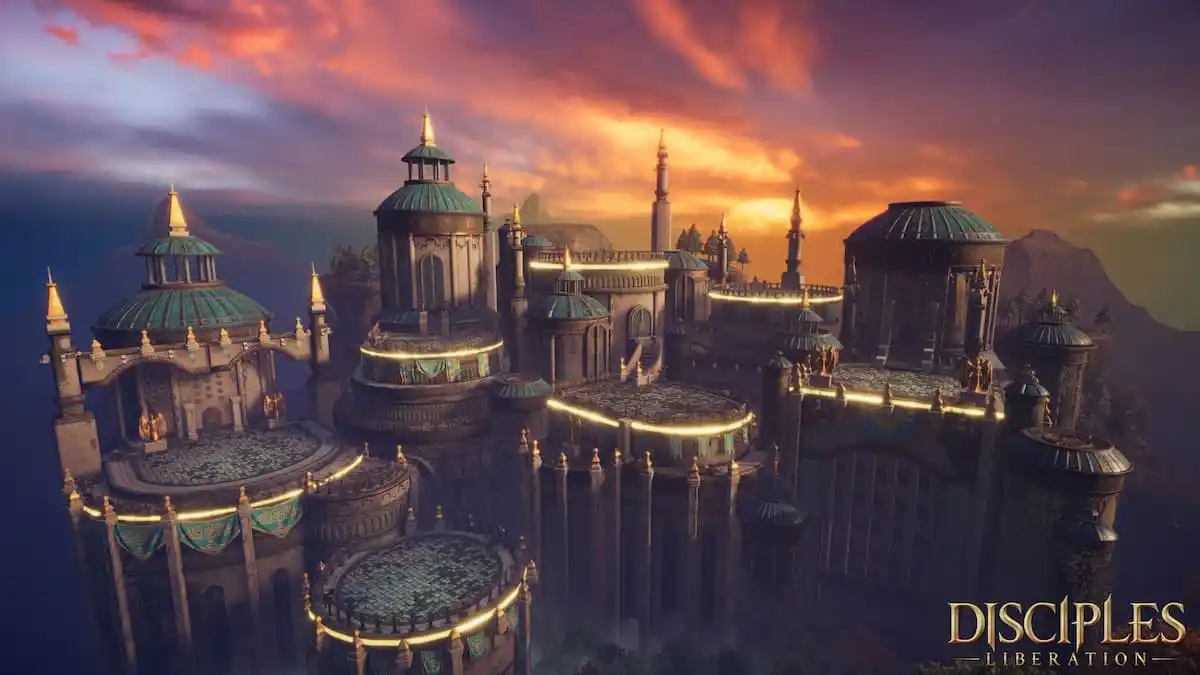
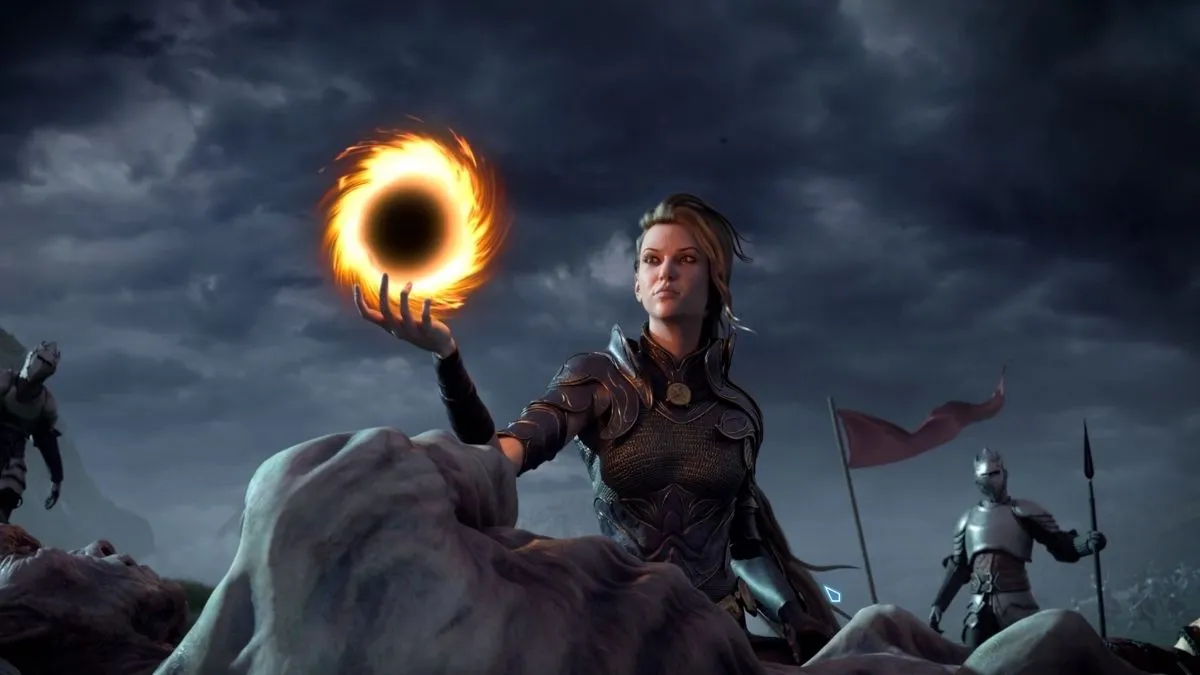
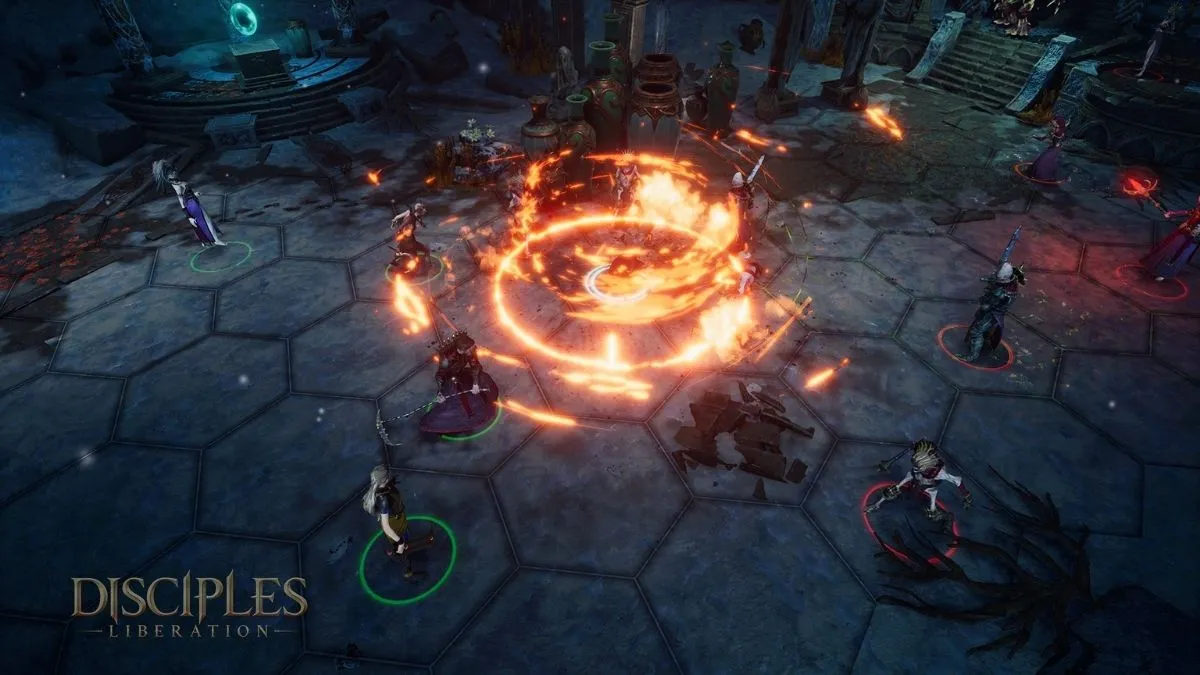
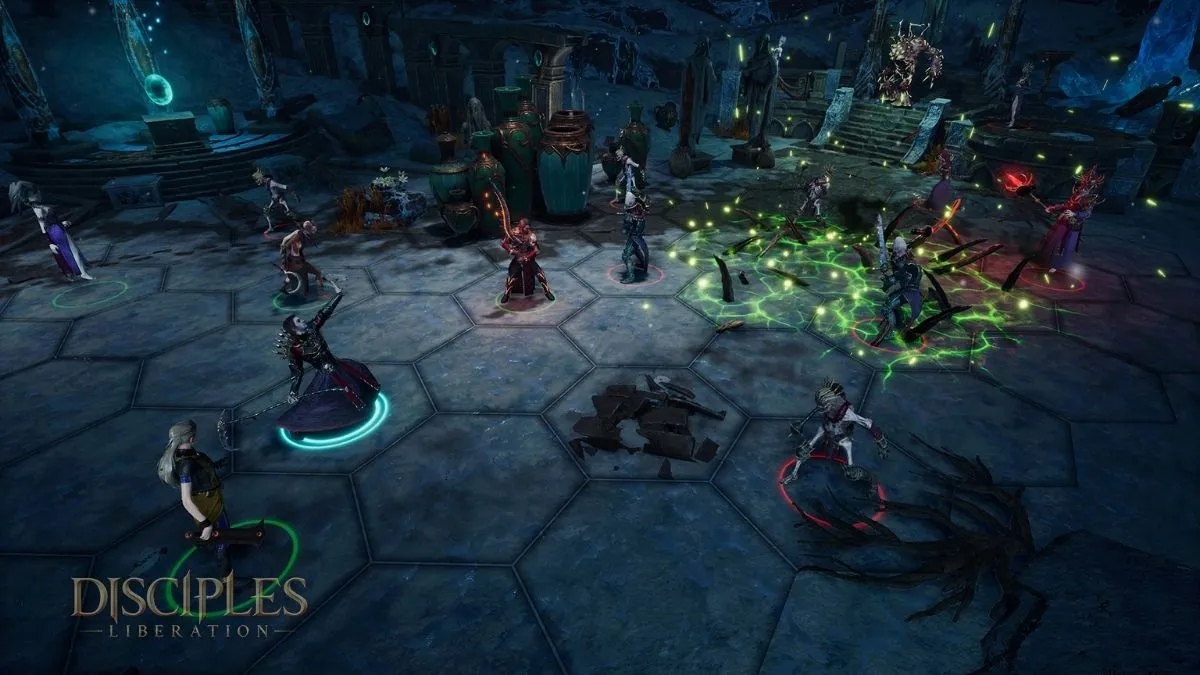

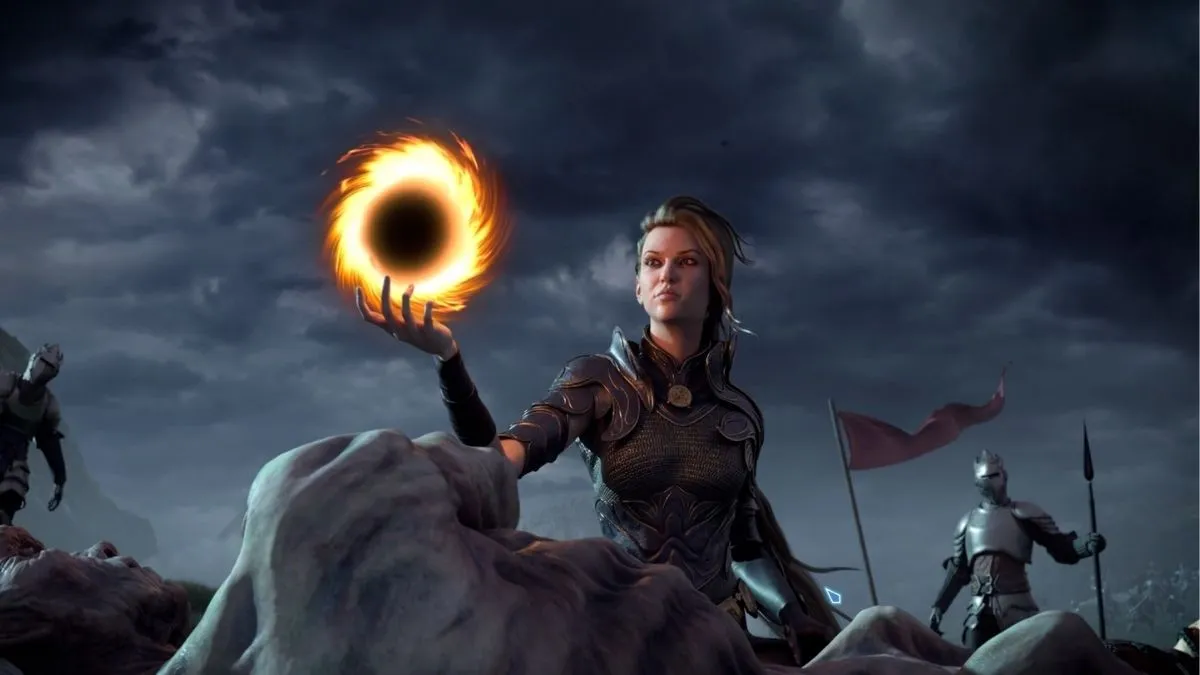
Published: Oct 25, 2021 09:31 am